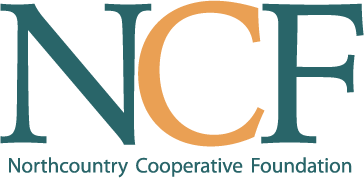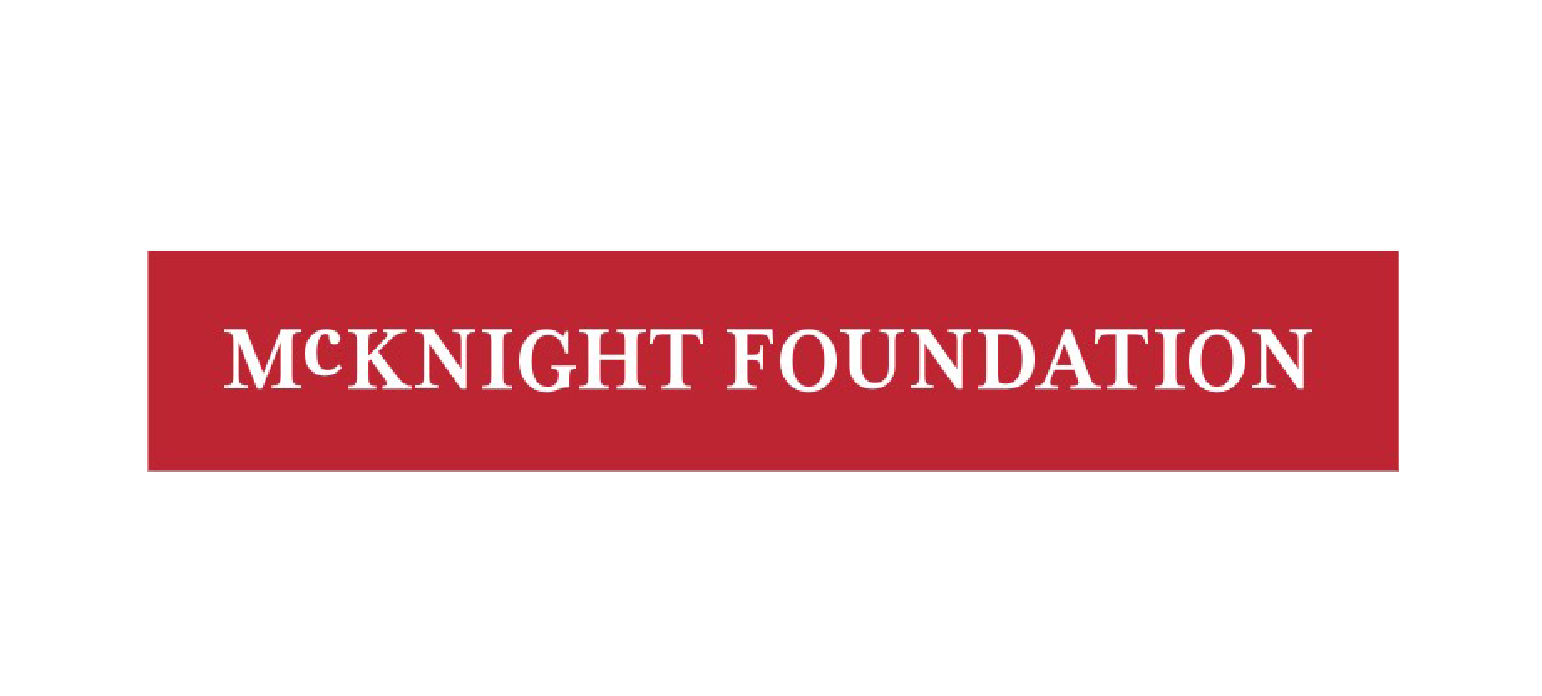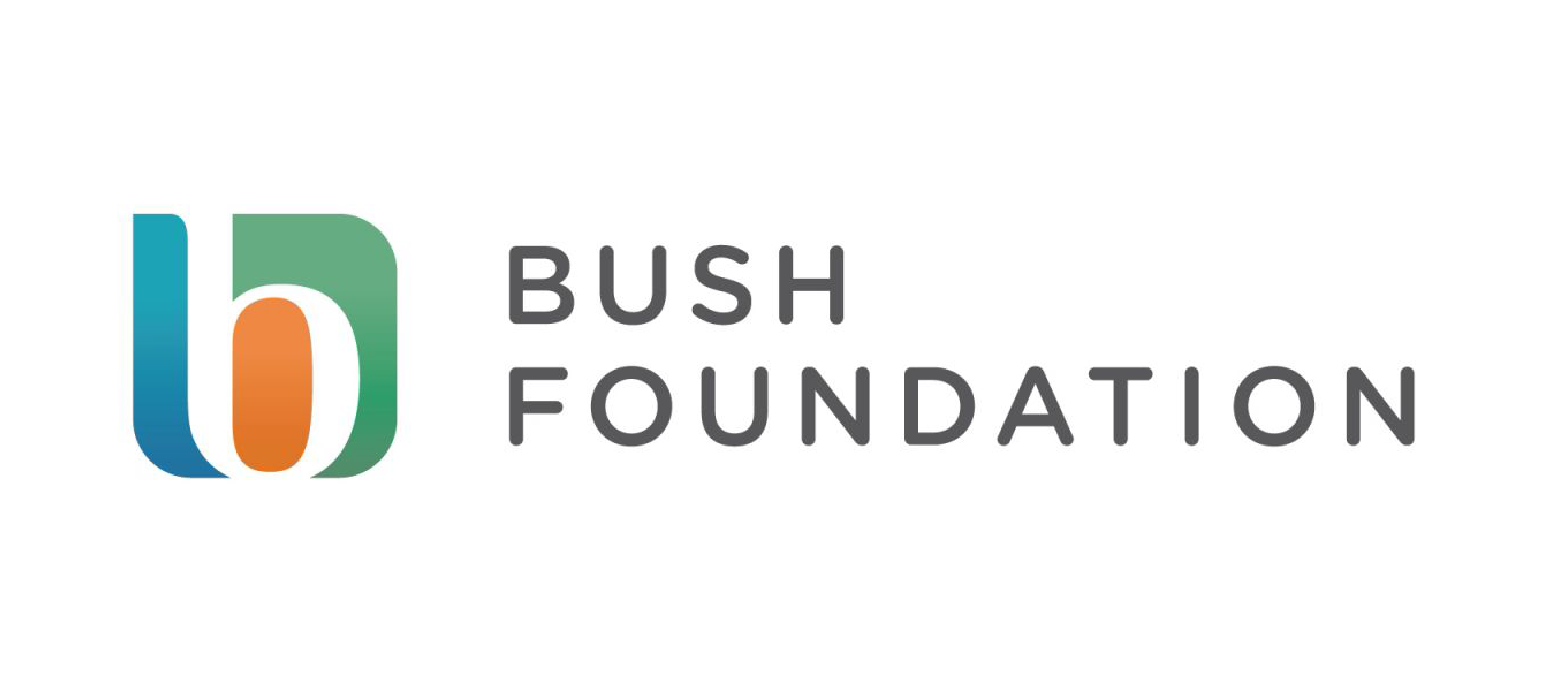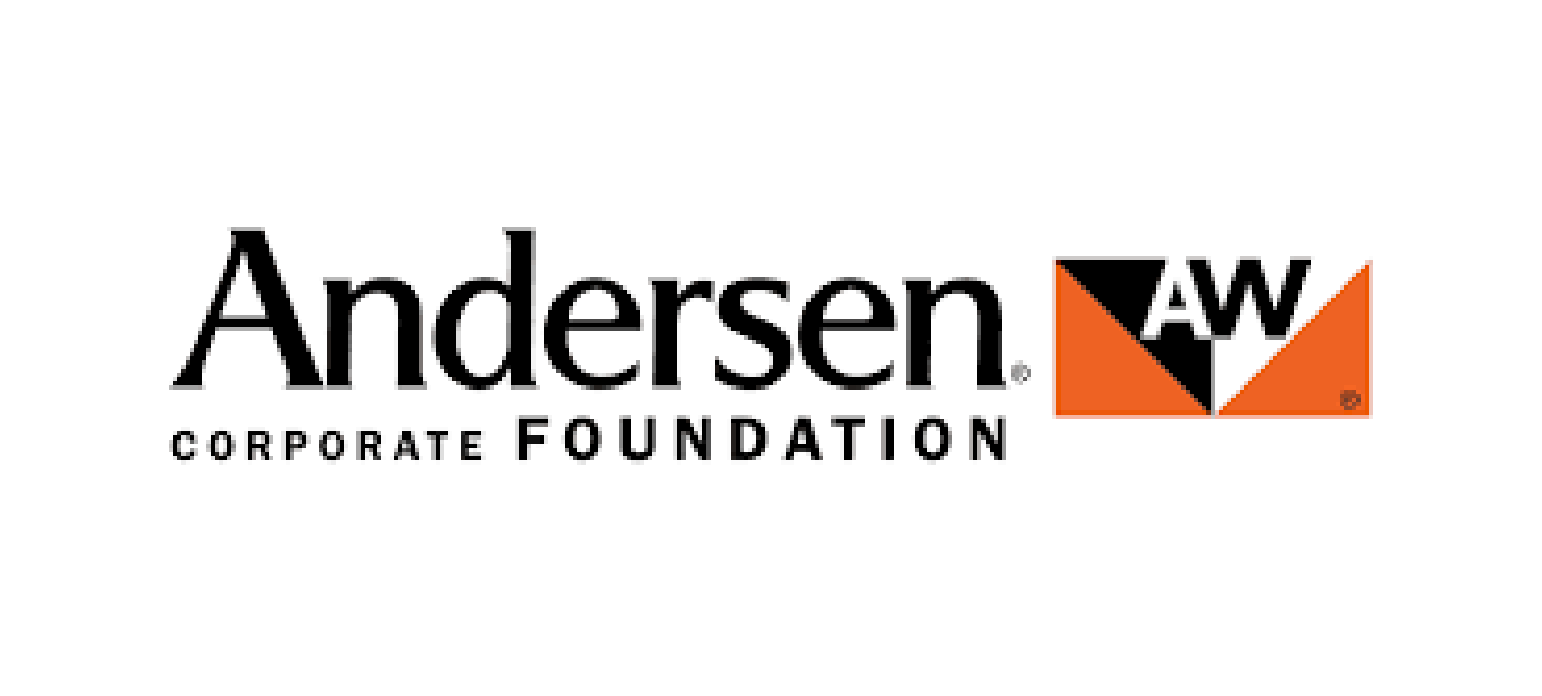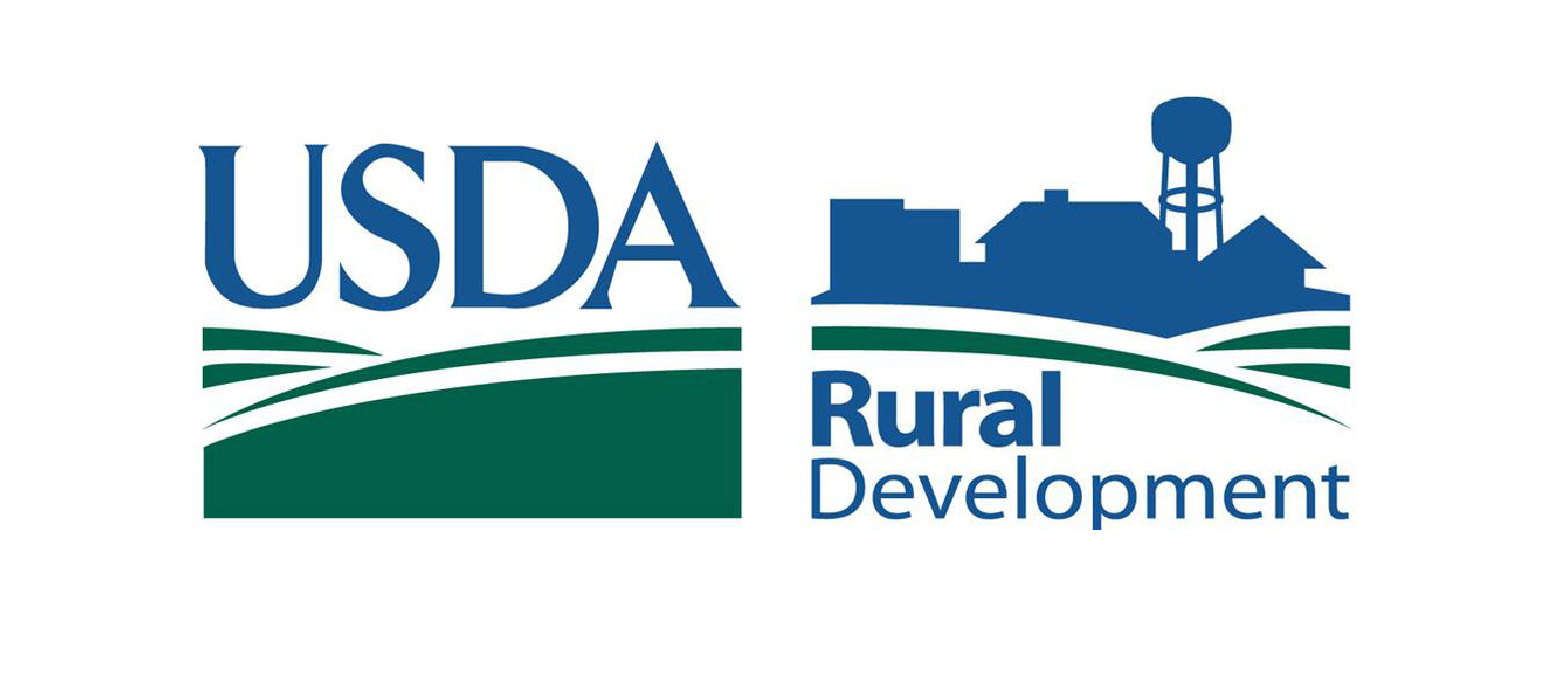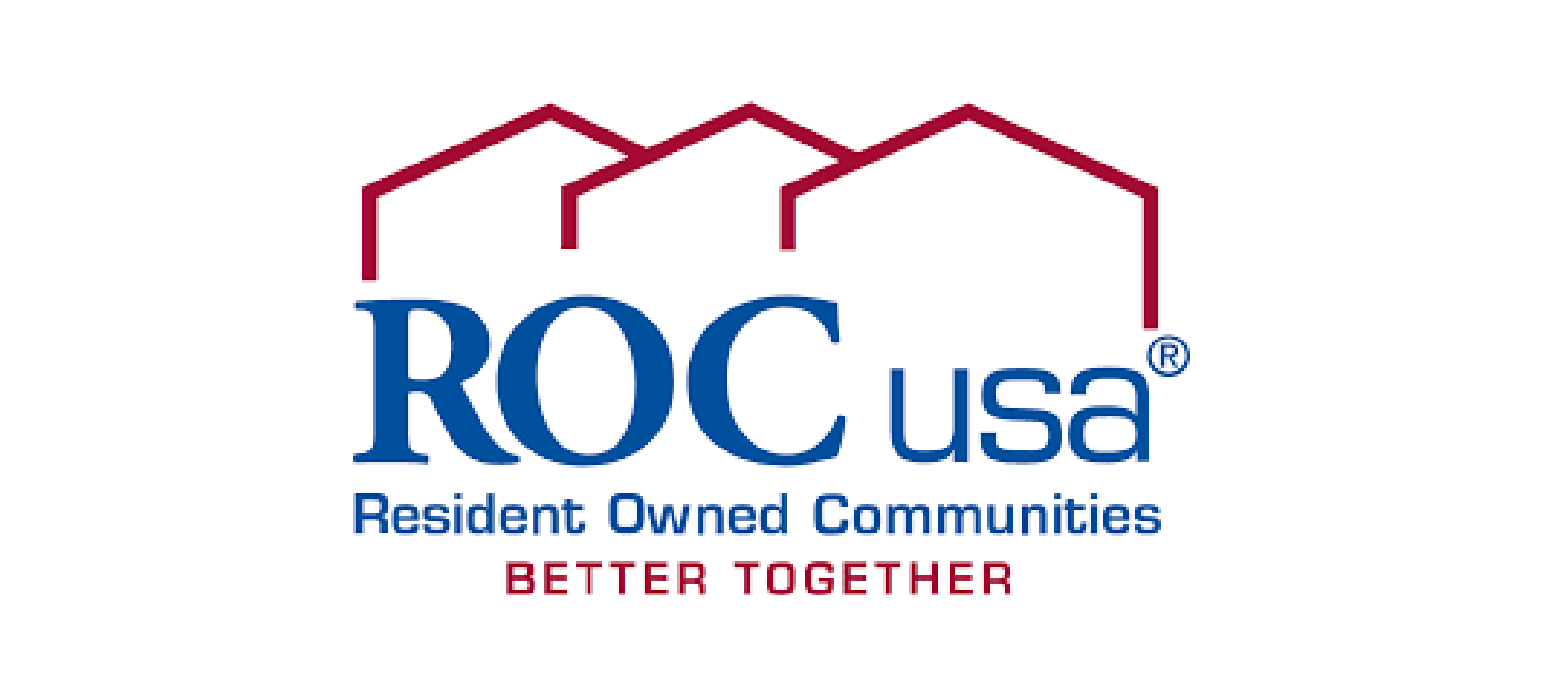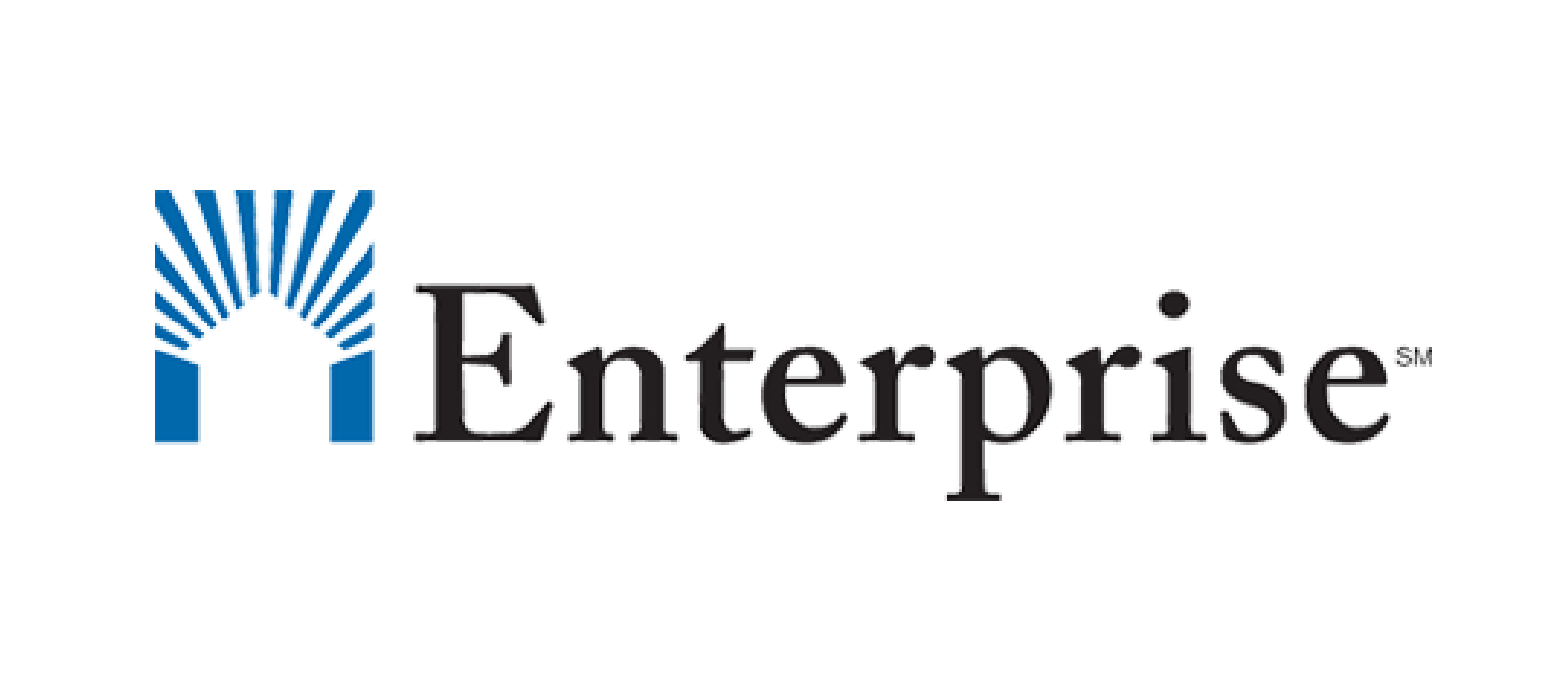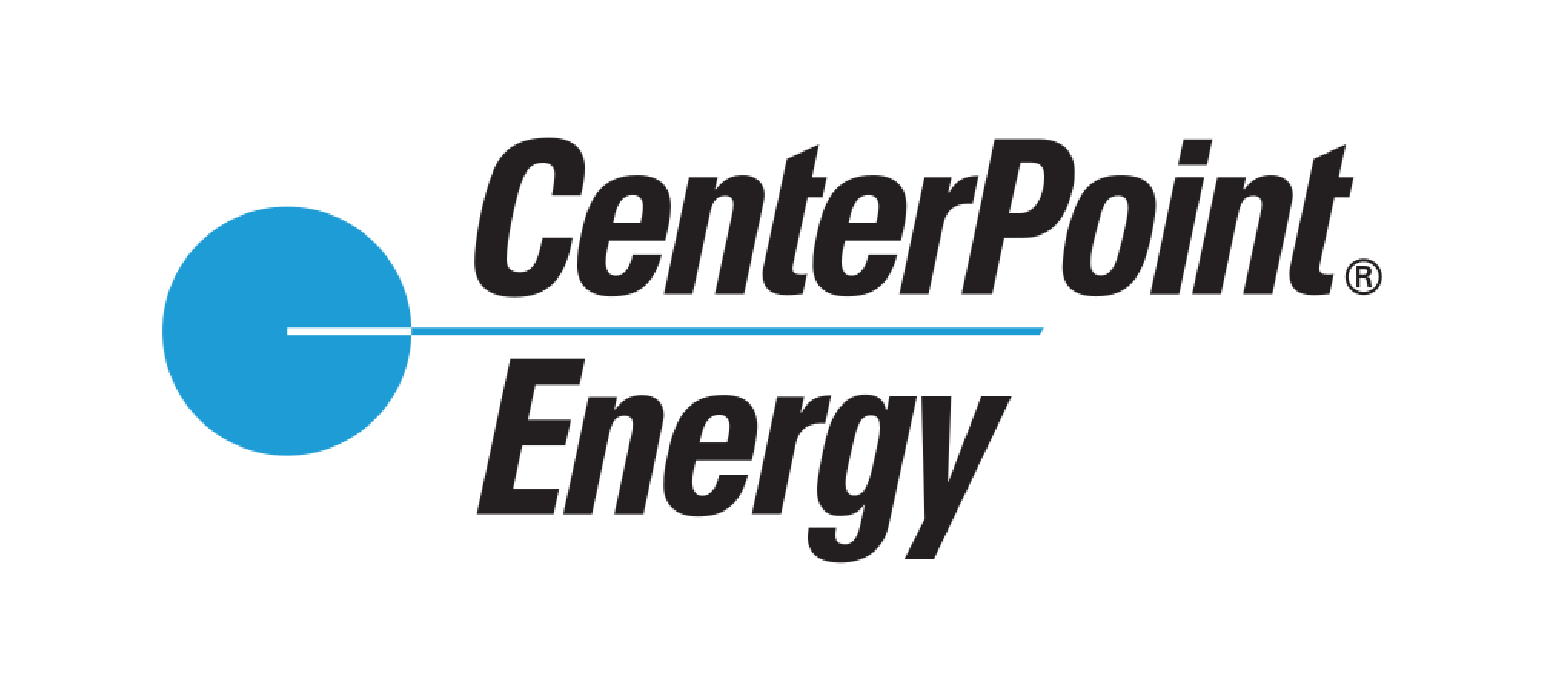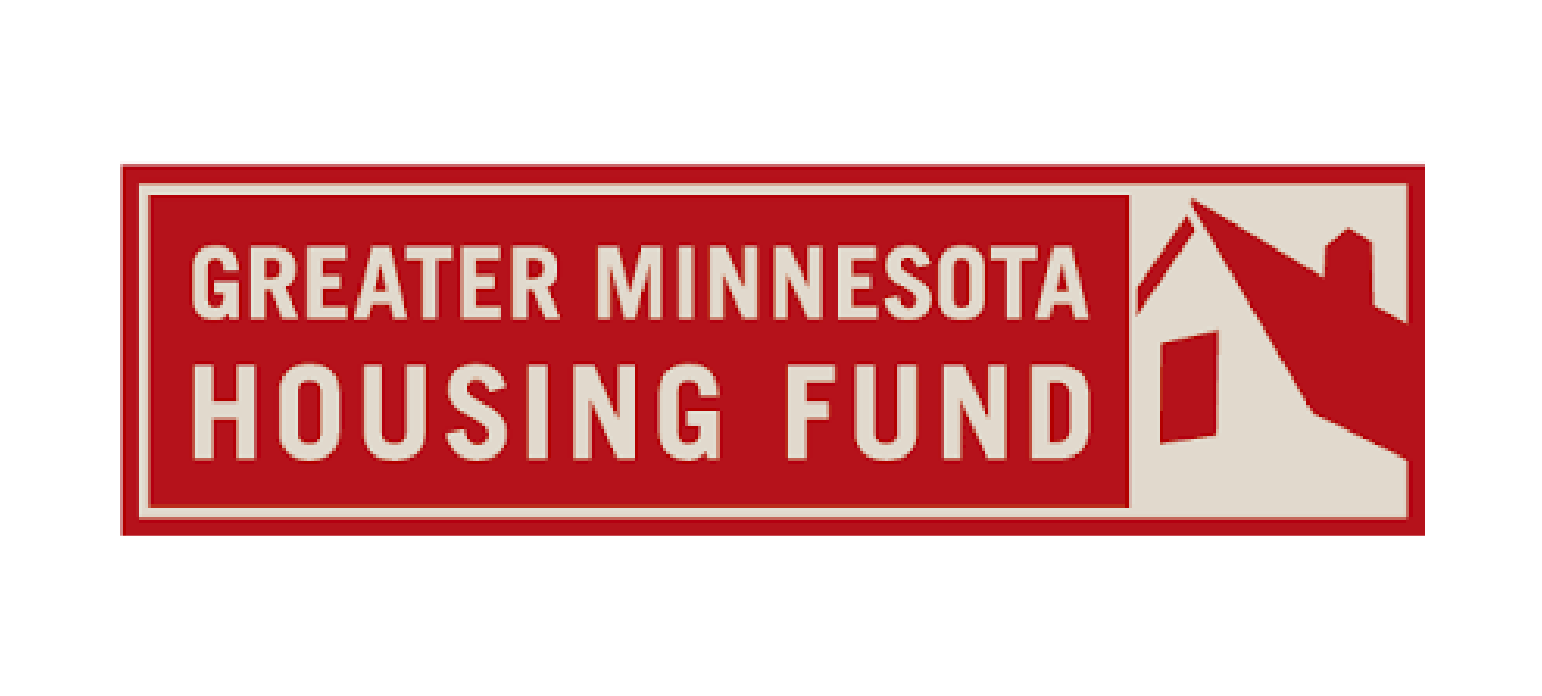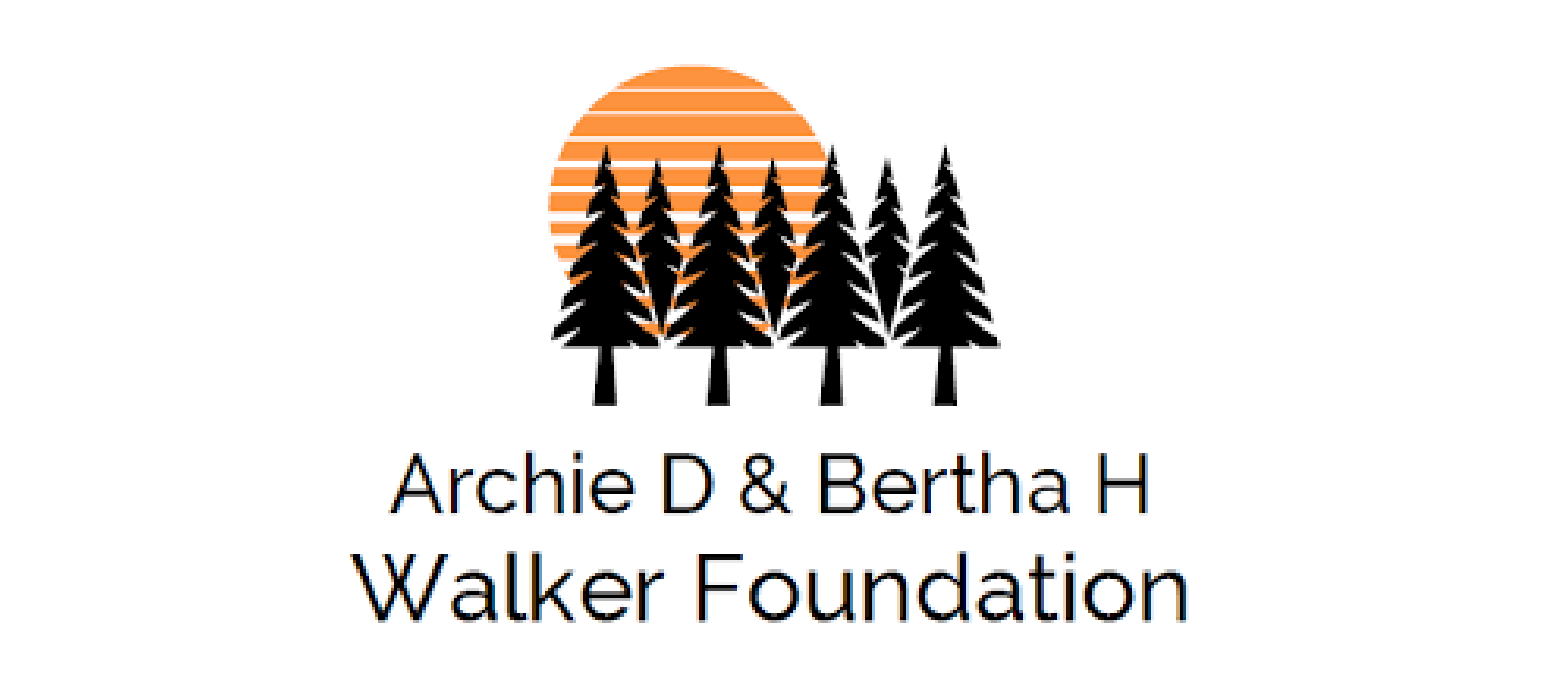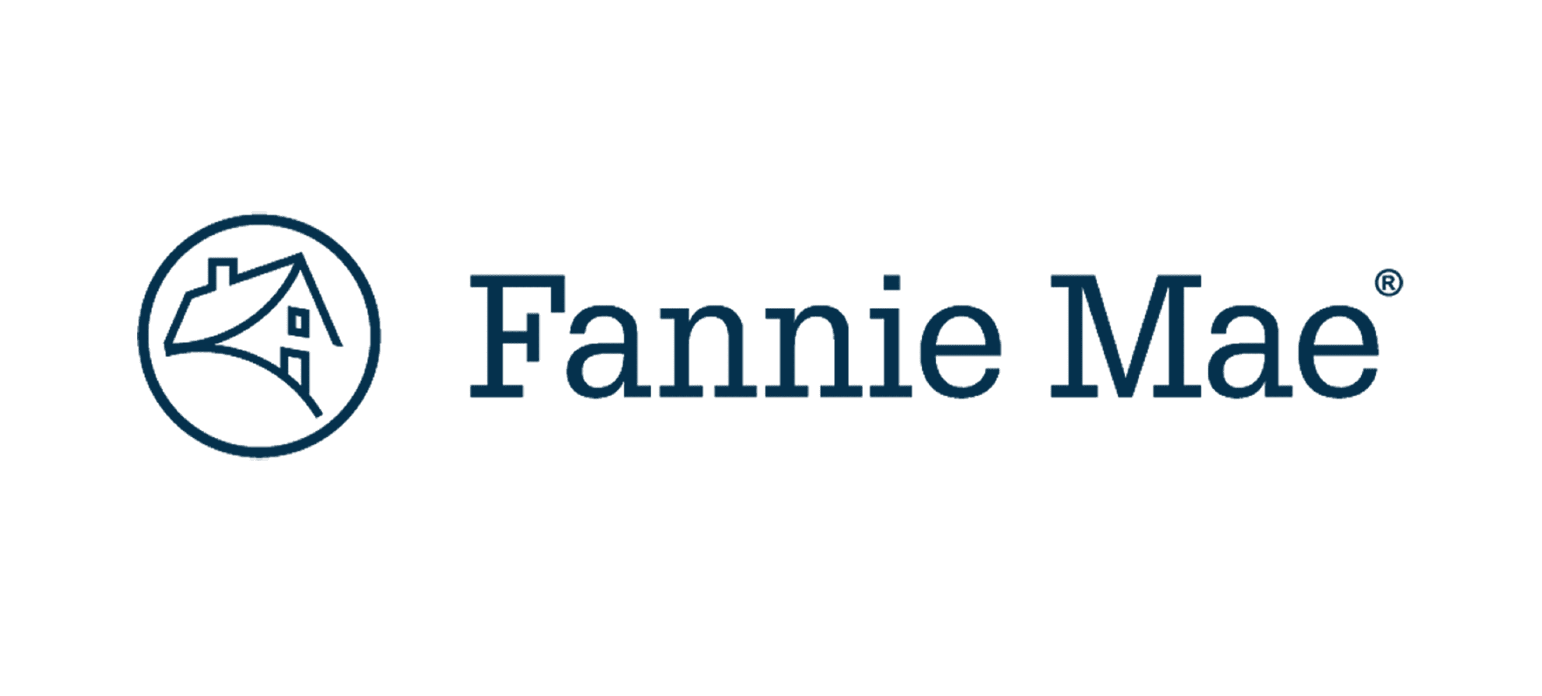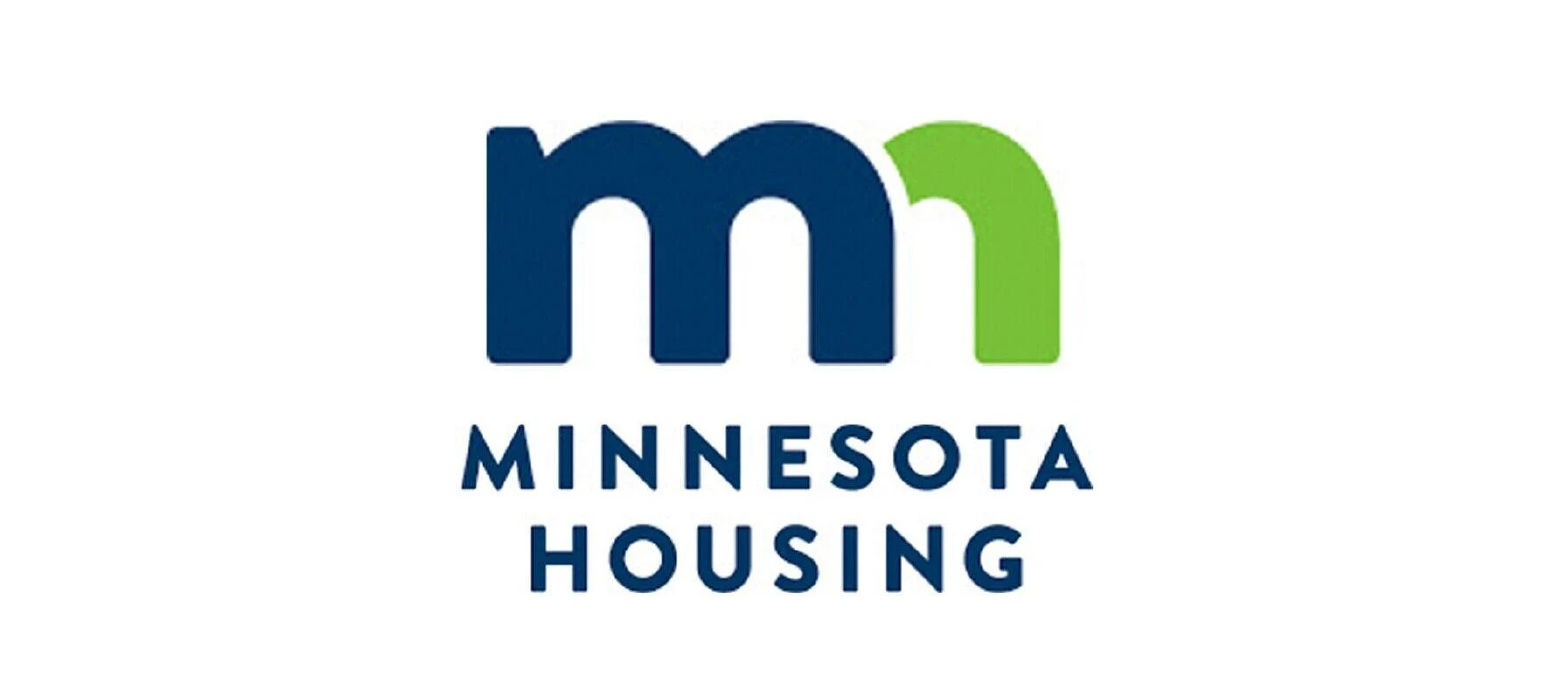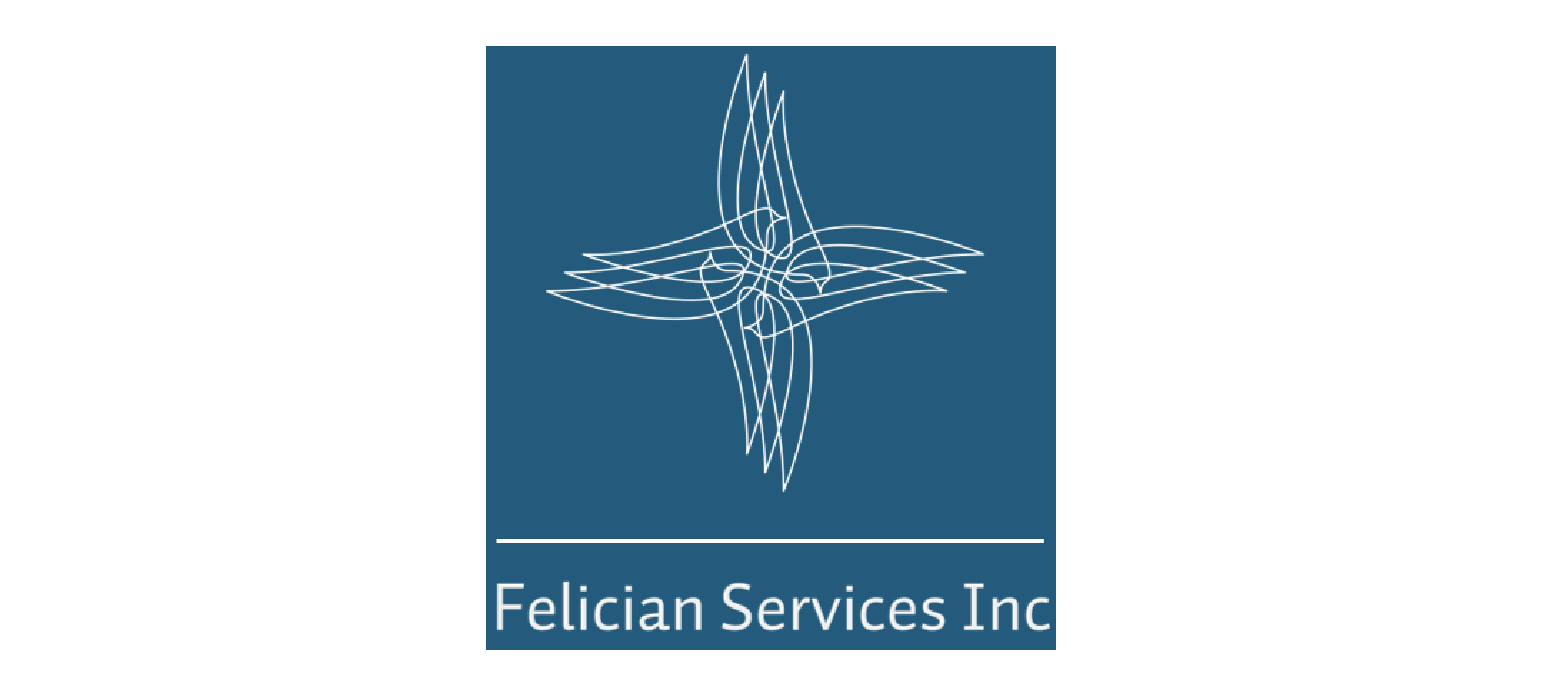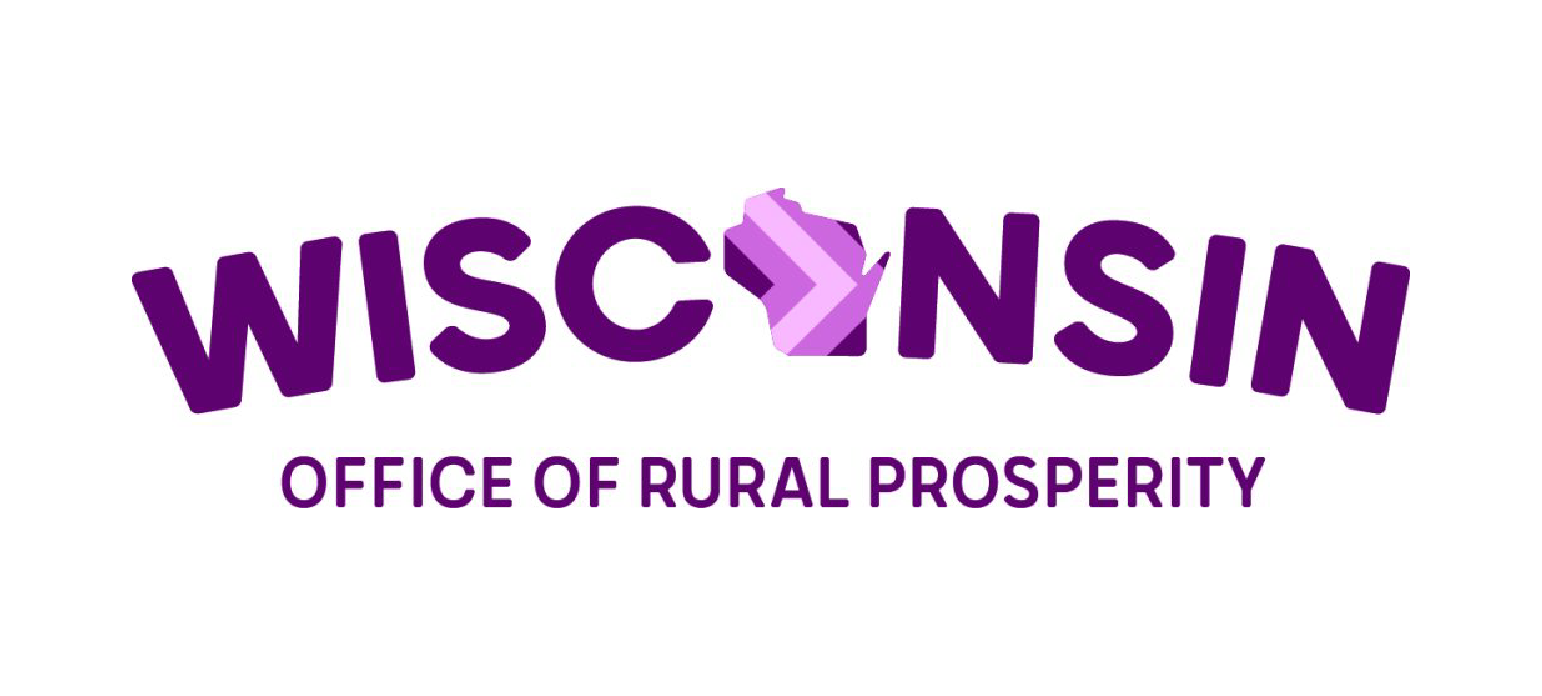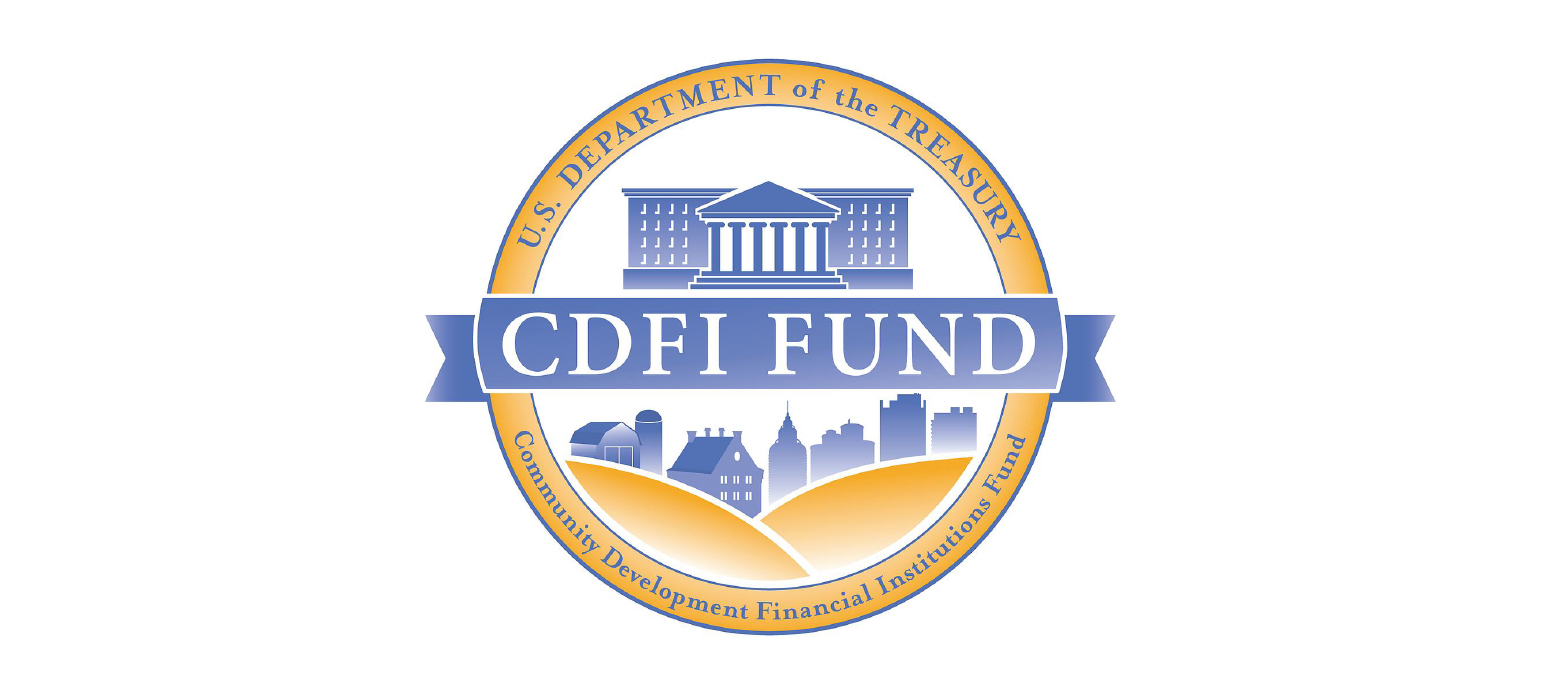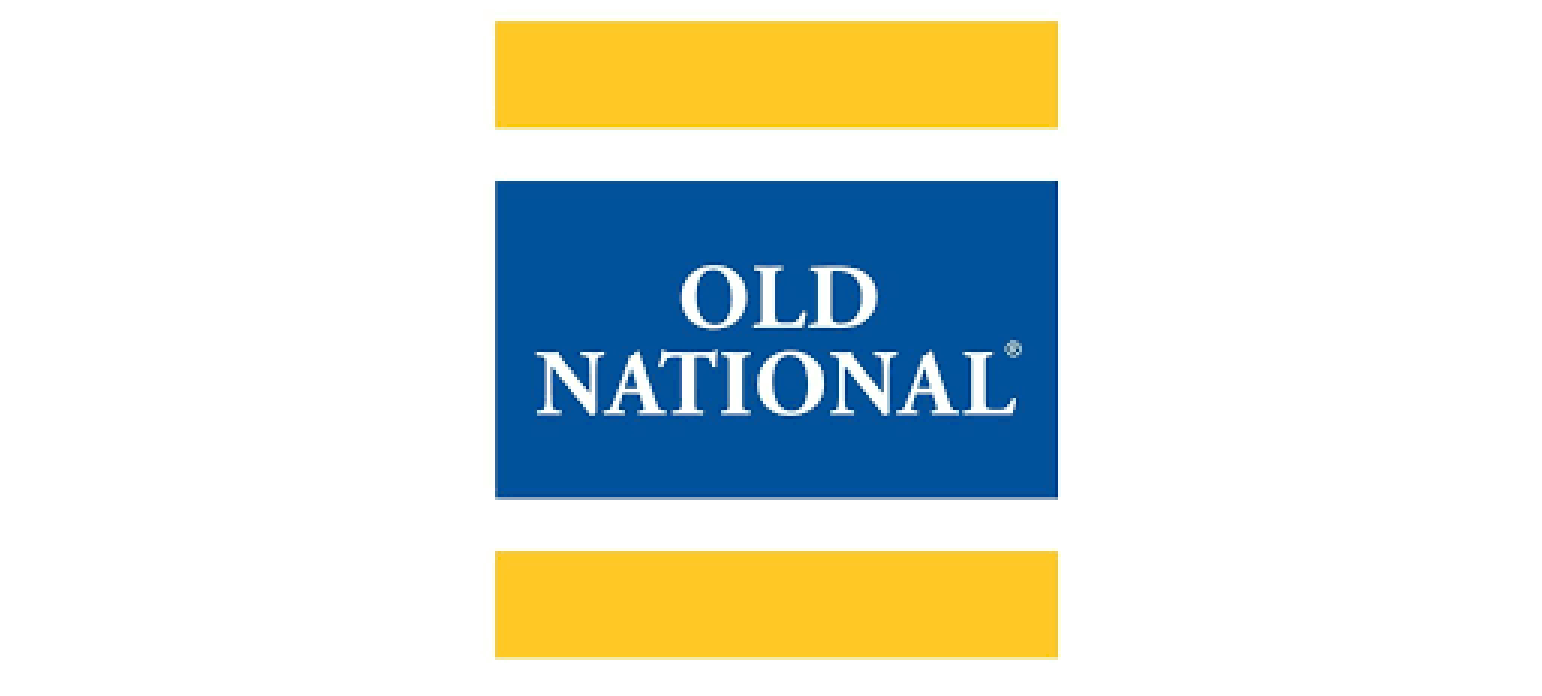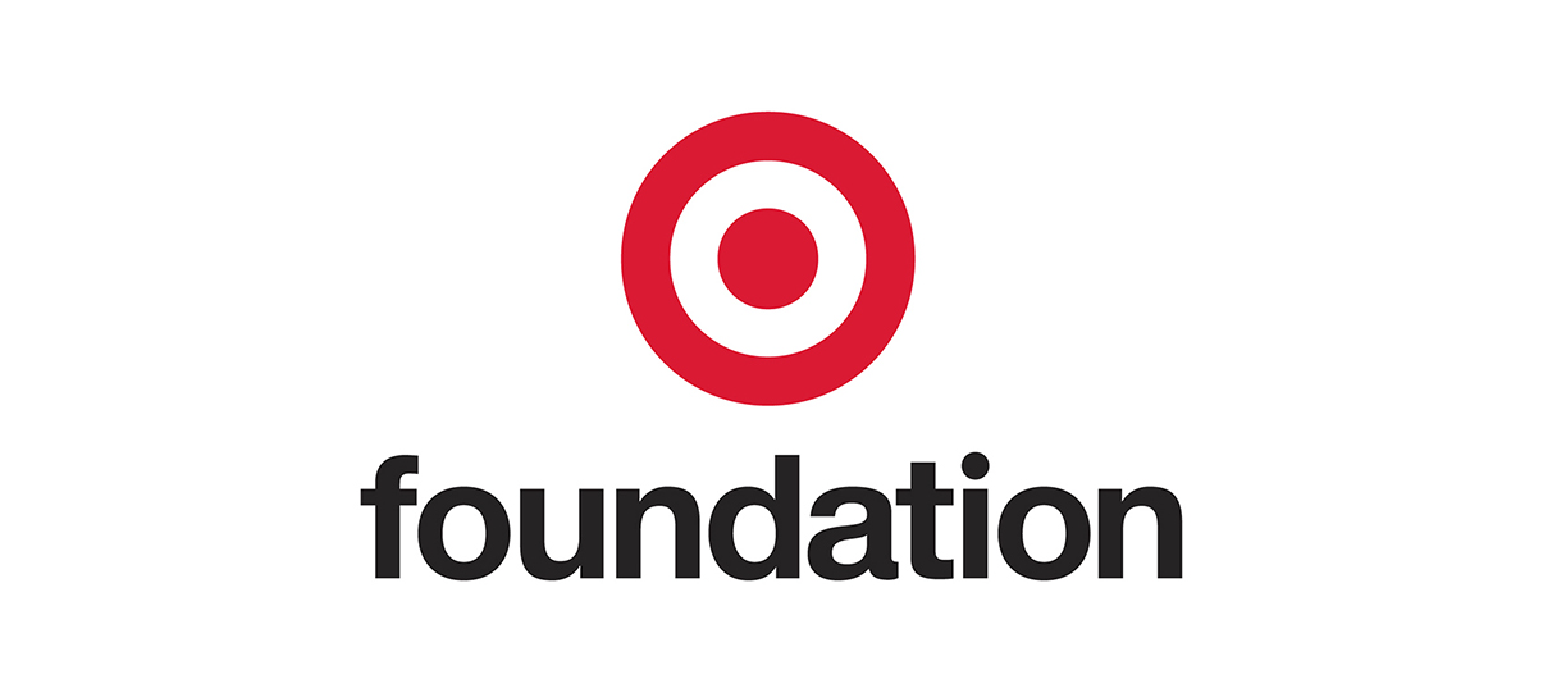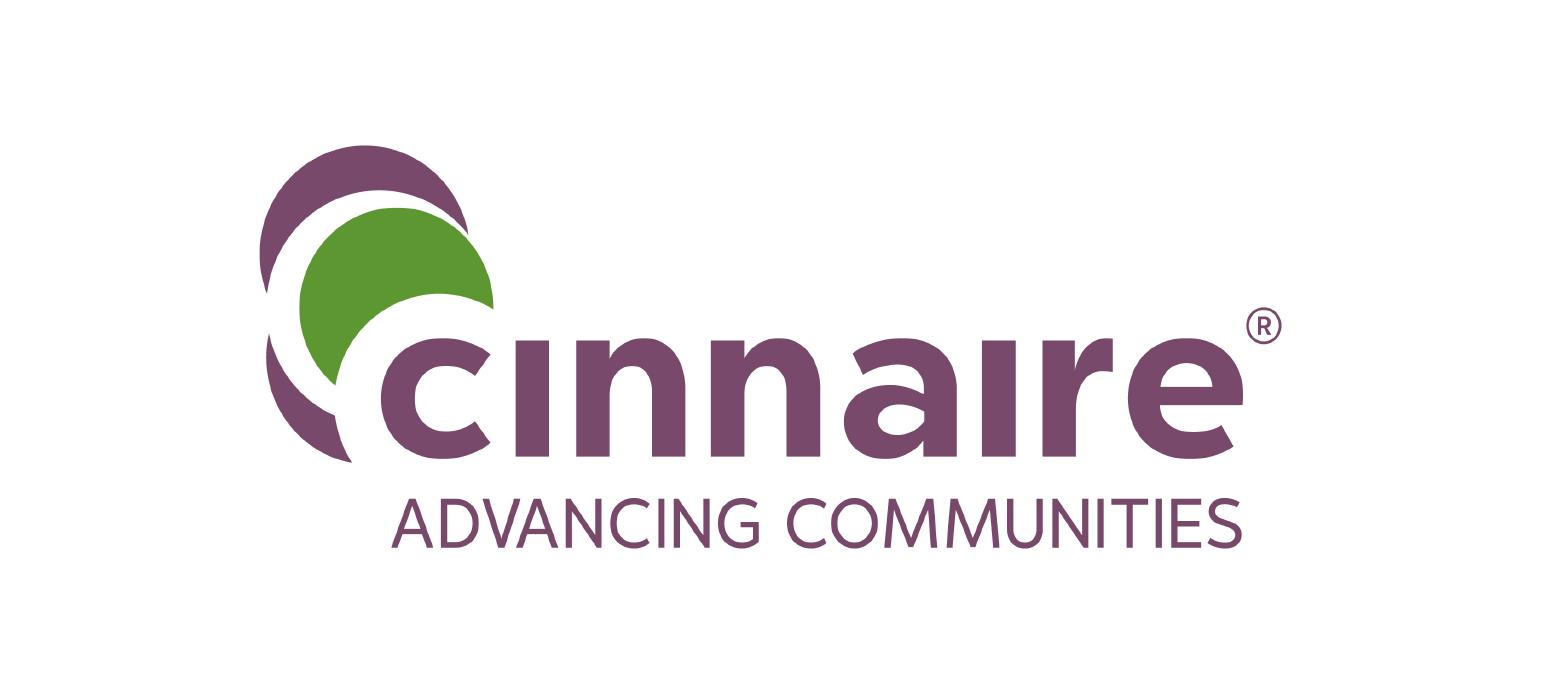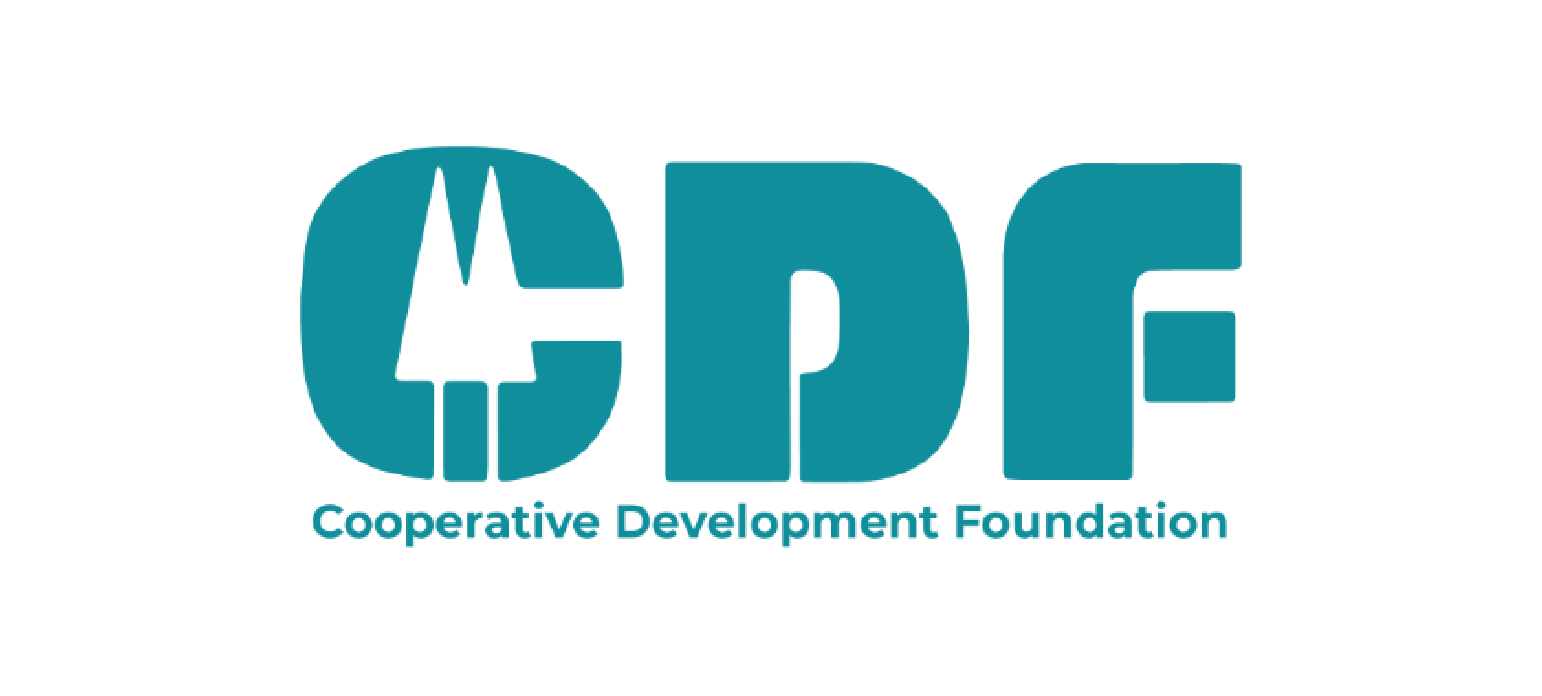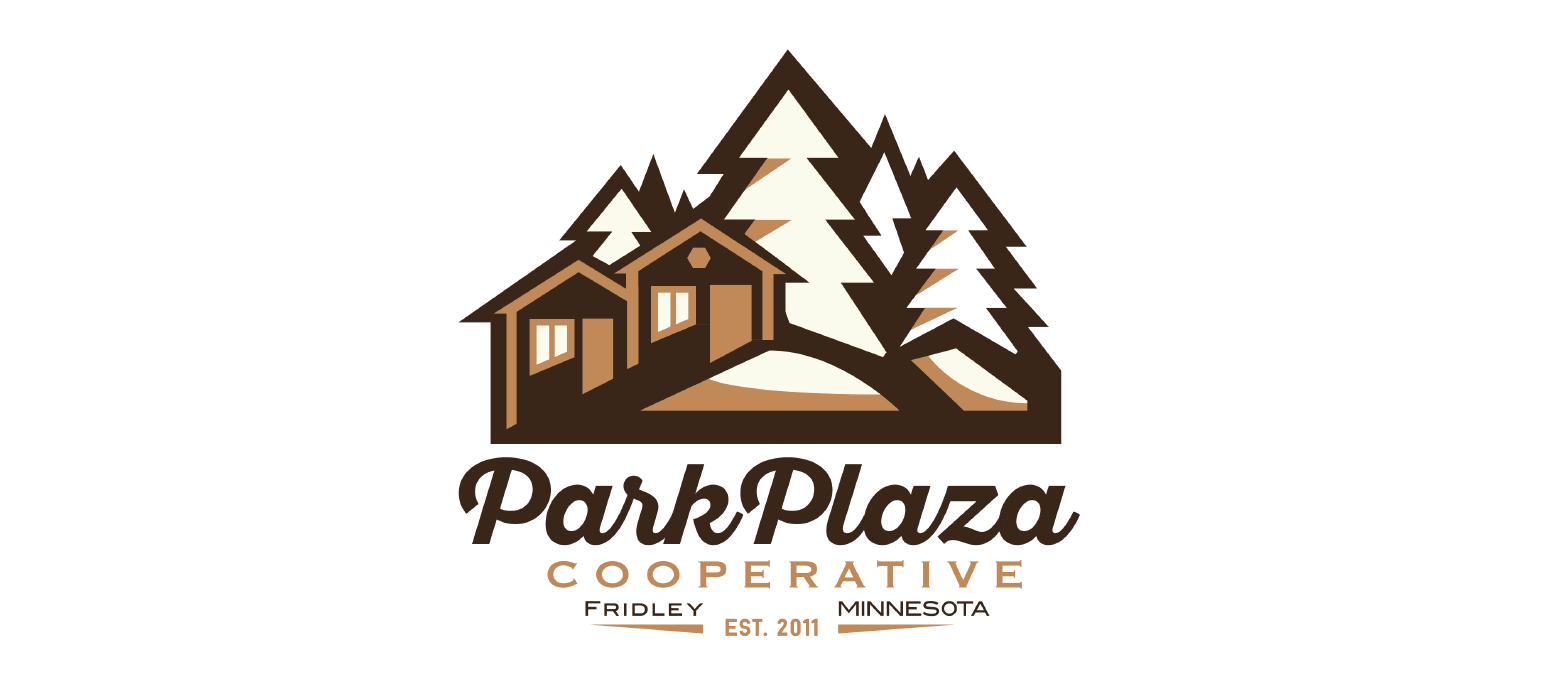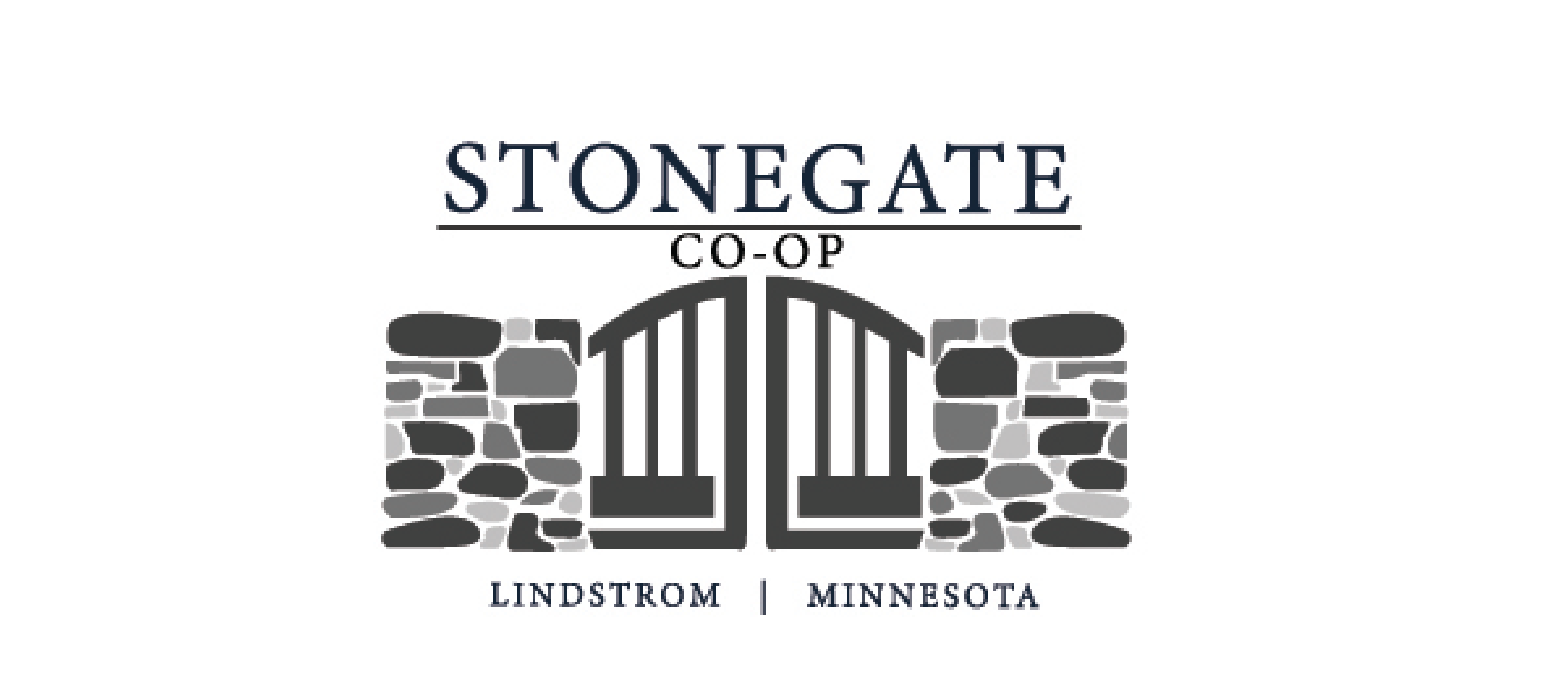NCF is excited to welcome its newest team member, Dave Berglund. Dave joins the ever-expanding NCF team as its new Real Estate Development Director.
NCF welcomes Emerald Pines - MN's 12th resident-owned manufactured housing co-op
NCF and UHAB join forces to revolutionize cooperative multifamily housing in Minnesota
In an exciting development for affordable homeownership in the Upper Midwest, NCF has formed a partnership with New York-based Urban Homesteading Assistance Board (UHAB). This collaboration is poised to launch NCF into the limited-equity cooperative multifamily housing space, in turn empowering historically underserved communities through cooperative homeownership.
NCF welcomes newest technical assistance provider
NCF is pleased to announce its newest addition to the team, Ed Hilbrich, as Housing Program Associate. Ed’s hiring brings NCF’s staff to 10, a doubling of the organization’s personnel in a year. The added capacity will allow NCF to further its work in providing technical assistance to resident-owned manufactured housing cooperatives and expanding their presence across the Upper Midwest.
NCF selected for USDA panel discussion
Last week, Northcountry Cooperative Foundation’s (NCF) Associate Director, Emily Stewart, participated as a panelist in the first of a series of United States Department of Agriculture (USDA) Rural Development hosted meetings that focus on connecting a diverse array of private sector cooperatives with government partners to increase collaboration and effectiveness. Focusing on housing cooperatives, the event was a part of the Interagency Working Group on Cooperative Development’s efforts, established by US Congress, to “foster cooperative development and ensure coordination with federal agencies and cooperative organizations.”
MN manufactured home owners big winners in historic 2023 legislative session
NCF named semi-finalist in $20M national grant competition
NCF was recently named a semi-finalist in the national 2023 Housing Affordability Breakthrough Challenge. Led by Enterprise Community Partners and the Wells Fargo Foundation, this $20 million grant competition seeks to “identify and propel implementation-ready innovations that transform current practices and reimagine access to affordable homes.” Organizations competing in this challenge are eligible to receive individual grants of $1 million, $2 million, and $3 million to “scale ideas that lay the groundwork for system-wide change.”
Out of 430 applicants, NCF was named one of 42 semi-finalists who are invited to move on to the second phase of the competition. NCF was selected for its proposal in the “construction” category of the challenge.
NCF welcomes Minnesota's newest resident-owned community in Gaylord
Last month, the homeowners of Gaylord Mobile Home Park purchased their 31-site manufactured (“mobile”) home community to become Minnesota’s eleventh resident-owned manufactured-home cooperative. The residents, almost entirely Spanish speaking, named their new cooperative community El Nuevo Amanecer (The New Dawn).
The Best PRICE: Pres. Biden signs first-time federal funding for manufactured housing preservation
One of the most difficult obstacles facing manufactured home communities is the continued cost of maintaining and preserving their privately owned infrastructure, such as roads, sewer, and water systems. While individual states such as Minnesota have created infrastructure grant programs specifically to help communities improve their aging infrastructure, the federal government had no such funding available.
NCF continues legislative push in St. Paul during 2023 session
NCF has a foundational mission of “transforming lives and communities through cooperative enterprise.” That mission is often carried out through educating and providing technical assistance to those living in manufactured housing communities as they organize and run their own resident-owned cooperatives. However, NCF has consistently seen an additional need to be an advocate for those in manufactured housing cooperatives through involvement in public policy.
MN House hears bill for $65M to preserve & expand manufactured housing
While cooperative board members are naturally leaders in their own communities, often their roles expand into advocating for all manufactured housing residents. Such is the case with Woodlawn Terrace Cooperative Board President Bev Adrian. With a storied history of manufactured housing advocacy work, Bev joined NCF Executive Director Victoria Clark-West to testify in support of Minnesota HF 814, a bill that provides $65 million in state funding for preserving and expanding manufactured housing. Bev and Victoria explained to the members of the Minnesota House Housing Committee that the legislation is not only necessary to help preserve the most affordable form of homeownership, but also expand cooperative ownership across the state.
NCF earns Charities Review Council Meets Standards Seal
Resident-owned communities secure $6 million for infrastructure from State of MN
Minnesota Housing and the Minnesota legislature invested over $9.5 million in the MHCR program in 2022, the single largest funding cycle in the program’s history. The 14 projects that received grants will improve 742 home lots in manufactured home communities located in six different regions of the state. NCF-supported resident-owned communities received the vast majority of the funding in 2022, totaling nearly $6 million in infrastructure and acquisition projects. The two largest grants were given to resident-owned cooperatives.
5 Myths of Manufactured Homes
There are a lot of myths out there about manufactured homes, and we’re doing our part to bust them. Here are five of the most common myths we hear about manufactured homes.
Myth #1- Manufactured homes are “mobile”
There’s a reason you're reading the phrase “manufactured homes” and not “mobile homes.” First, “mobile homes” *technically* refers to homes built before Housing and Urban Development (HUD) code was established in 1976. More to the point, only 1% of manufactured homes move once they are placed. Sure, they get put on a truck to go to their forever home, but once they are put there they are pretty much stuck. It takes lots of money (like, tens of thousands of dollars) to move a manufactured home. And you risk really serious damage. Some older homes can’t be moved at all without being completely destroyed.
Everybody's sunshine: Natividad Seefeld of Park Plaza Cooperative
Natividad Seefeld is the President of Park Plaza Cooperative in Fridley, Minnesota. But she's so much more than that. She's a mother, grandmother, great-grandmother, a former business owner, a problem solver, a cancer surviver, a mover, a shaker, and part of the glue that holds together a vibrant, thriving, diverse, urban community.
5 myths of cooperatives
We hear lots of myths about cooperatives, and thought it was time to set the record straight. This post is part of our annual campaign — the theme this year is “myths and legends.”
Myth #1 – Cooperatives are nonprofits
Co-ops are businesses, plain and simple. They have to make money to function and are not eligible for most grants. Co-ops face the same challenges as other businesses!
A Decent Home released on Apple TV: documentary features vulnerability of manufactured homeowners amid investor speculation
A Decent Home, the feature length documentary about the vulnerability of manufactured homeowners amid rampant speculation by investor groups, is released today and is available on Amazon.
7 Ways to Celebrate Co-op Month
Every year in October, cooperators everywhere celebrate National Co-op Month. I love Co-op Month because it reminds me to stop and reflect on all the ways that cooperation nourishes our spirits and strengthens our communities. I had fun putting together this list of ways to celebrate Co-op Month and hope you have fun getting out there and cooperating!
Madelia Mobile Village finishes construction, invests over $1M in their infrastructure
On December 28th, 2020 the residents of Madelia Mobile Village in Madelia, Minnesota were notified that they were the recipients of a $700,000 grant from Minnesota Housing’s Manufactured Housing Community Redevelopment Program to complete the much needed renovation of two water and sewer lines within their community.
Residents reunite at Common Ground Conference / Tierra Compartida Conferencia 2022
Each year Northcountry Cooperative Foundation brings together leaders from resident owned manufactured home communities across Minnesota and Wisconsin for an exciting educational event called Common Ground. It is an essential opportunity for residents to connect, network, and learn together in a shared community.
